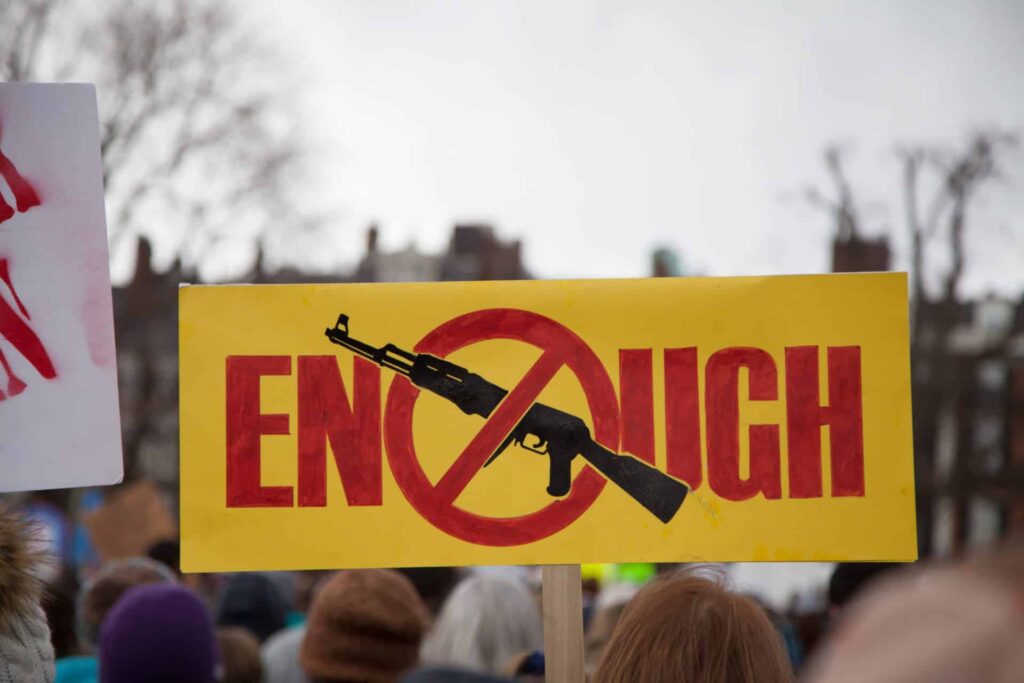In the aftermath of a disturbing number of mass shootings, the U.S. government is considering some sweeping gun control laws. The ones that are gaining the most bipartisan traction are so-called “red flag laws.” These proposals, however, could have dire repercussions for people in domestic violence disputes and who care about their Second Amendment rights.
Call 207-571-8146 or contact us online to schedule a consult with one of our highly skilled criminal defense & OUI lawyers, serving Southern Maine, today.
Table of Contents
Renewed Push for Gun Control After Mass Shootings
Following a string of mass shootings in Dayton, Ohio, and El Paso, Texas, Congress has signaled a new openness to discuss gun control measures. At the time of the shootings, there had already been a couple of proposals working their way through the legislative system. Now that political points can be scored by taking action, though, there is renewed vigor to pass something.
The gun control measures currently up for debate can be categorized into three forms:
- Red flag laws
- Background checks
- Outright bans of assault weapons
Red Flag Laws
There are several red flag laws contending for passage in the Senate:
- S. 7, proposed by Marco Rubio (R-Fla.)
- S. 506, proposed by Dianne Feinstein (D-Calif.)
- A joint-proposal from Senators Lindsey Graham (R-S.C.) and Richard Blumenthal (D-Conn.) that has yet to be officially released
All of them would give states money to create a program that allows concerned individuals to ask a court to strip someone of his or her weapons.
Background Check Legislation
The Democrat-controlled House of Representatives had already passed two laws that would have tightened background checks for gun purchases: H.R. 8 and H.R. 1112.
H.R. 8 is the most sweeping proposal. It would require background checks on all gun sales and would close the loophole that allows “private-party-to-private-party” gun sales to be done without a background check. This is the one that lets people buy weapons at gun shows.
H.R. 1112 would give the FBI 10 days to complete a background check on a gun buyer, rather than 3.
The Republican-controlled Senate has expressed distaste for all of these bills, though.
Assault Weapon Bans
Finally, there are bills that would ban the sale and possession of assault weapons with large-capacity magazines in both the House and the Senate.
Red Flag Laws Can Be Used to Hurt Those Wrongly Accused of Domestic Violence
At this stage, it seems most likely that, if any gun control measure passes Congress, it will be one of the red flag laws currently being considered.
What people seem to overlook when it comes to red flag laws, though, is the potential for abuse, especially in the field of domestic violence.
Domestic violence cases are often falsely made or an isolated event where both parties are at fault but only one party is charged. When domestic violence accusations are falsely made out of retaliation, bitterness, or whatnot, the accused is the victim.
Red flag laws, while they might seem like the politically safe gun control measure, gives people who have no problem making false accusations another way of manipulating the court system to make someone else suffer – this time by taking away their firearms.
Contact our Domestic Violence Defense Lawyers Today
Your Second Amendment rights are at risk whenever you have been accused of domestic violence. The criminal defense lawyers at Maine Criminal Defense Group know this and strive to protect them.
Contact us online or call our Portland law office at (207) 571-8146 if you have been accused of domestic violence or struggle with Red Flag laws in Maine.
Call 207-571-8146 or contact us online to schedule a consult with one of our highly skilled criminal defense & OUI lawyers, serving Southern Maine, today.
Blog Posts

Defending Maine domestic violence charges Being charged with domestic violence in Maine is a serious legal matter with consequences that can impact your freedom, reputation, and future. Whether the allegation[...]
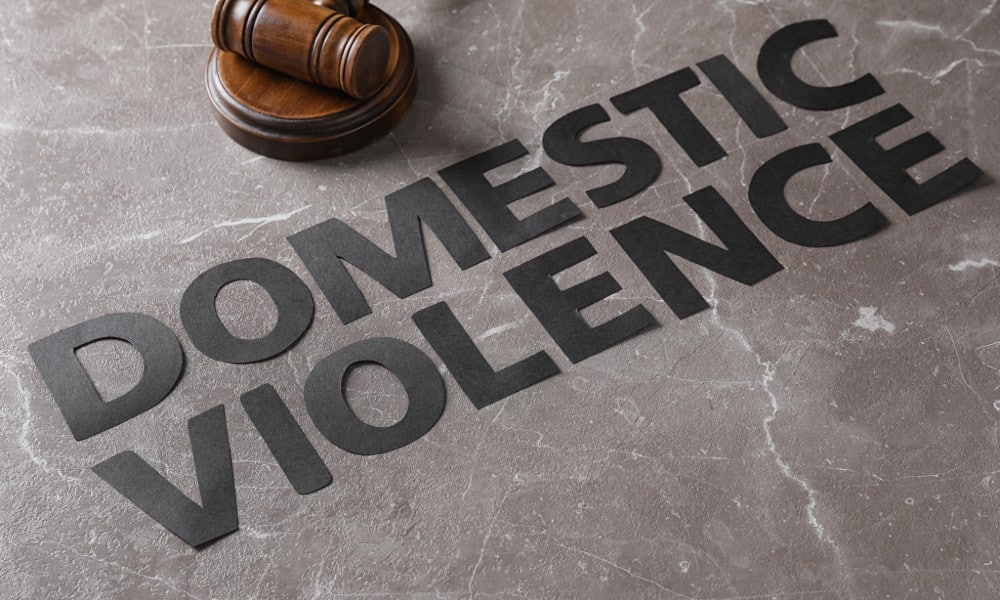
A domestic violence conviction can have serious consequences in Maine Assault, criminal threatening, and reckless conduct in domestic settings can all be classed as domestic violence in Maine—and criminal charges[...]

Defending those accused of domestic violence in Southern Maine Assault, criminal threatening, and reckless conduct in domestic settings can all be classed as domestic violence in Maine—and criminal charges can[...]

Sexual assault and sexual battery both refer to criminal offenses where a victim does not provide consent to sexual contact. This contact may or may not involve penetration, force, violence,[...]
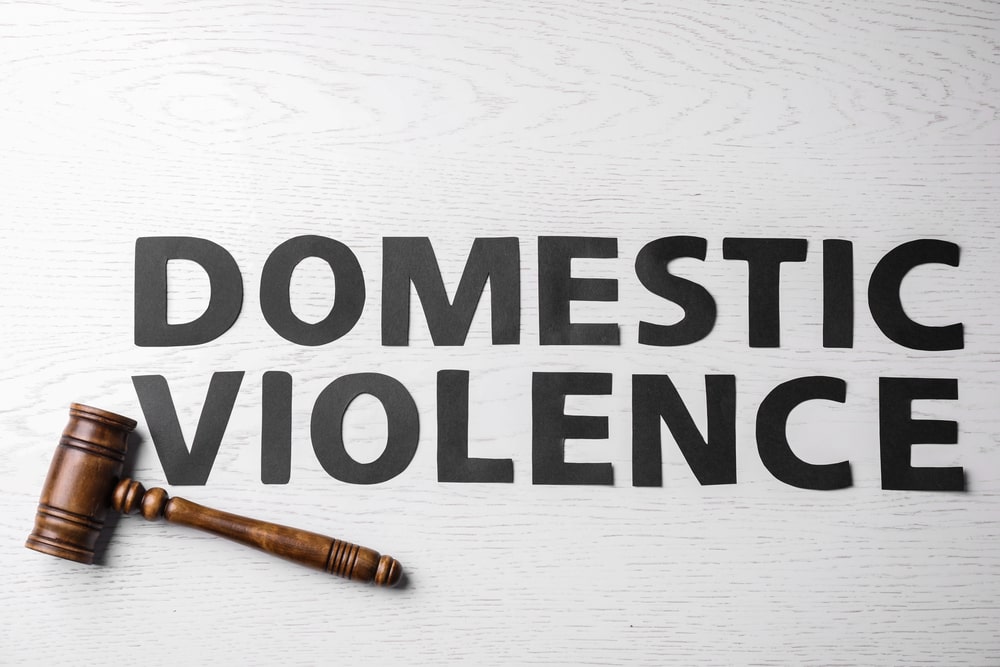
The domestic violence and stalking laws in Maine are currently being updated to address some shortcomings in the previous laws and to add clarity for both victims and accused parties[...]

In recent years, convictions for domestic violence offenses in Maine have increased as state prosecutors rigorously pursue cases. This has led to harsher penalties for offenders, which makes it even[...]
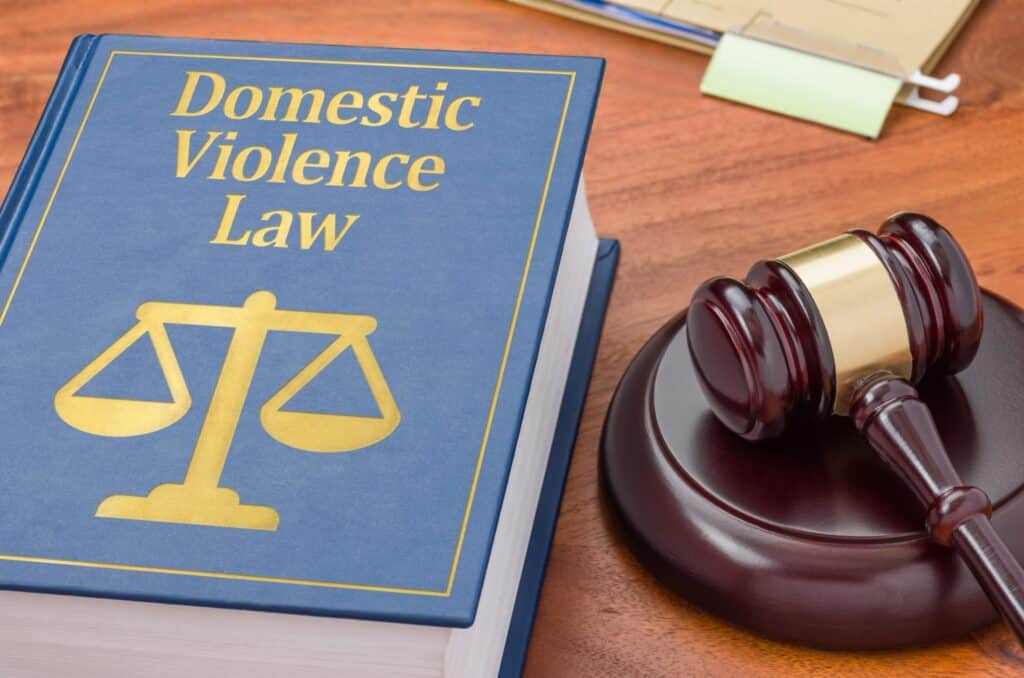
Crimes of domestic violence in the state of Maine can be confusing. This is because crimes of domestic violence are really just other crimes, like assault or battery, when those[...]

A protection from abuse order (PFA) can make it illegal for an individual to contact you or your children in the state of Maine. Filing a PFA is often a[...]
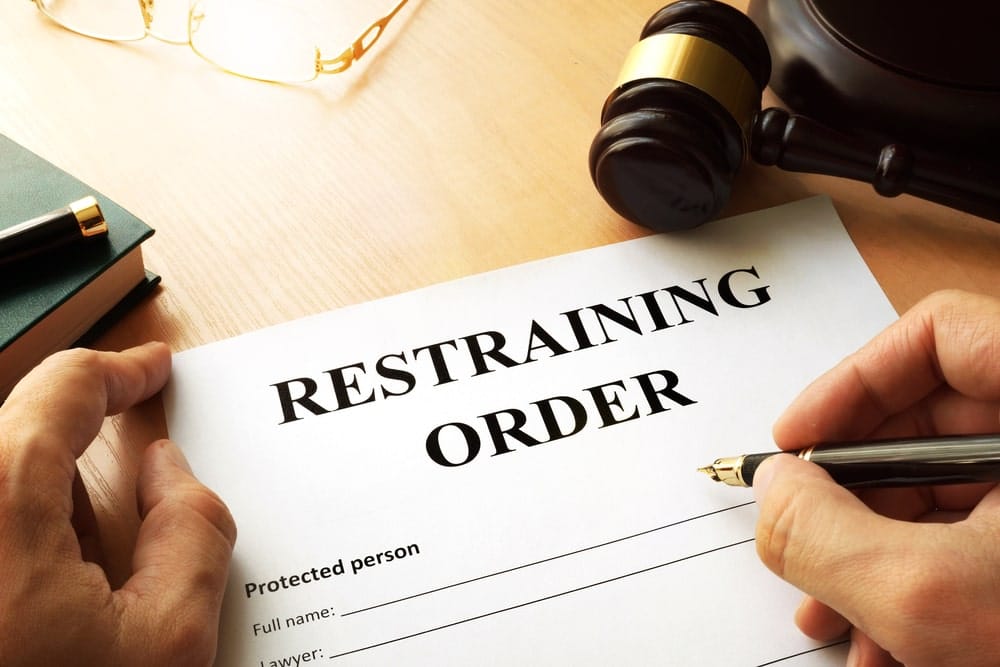
Protection from Abuse Orders (PFAs), such as restraining orders and no-contact orders, are frequently issued by the courts in domestic violence cases in Maine but are often confused. No contact[...]
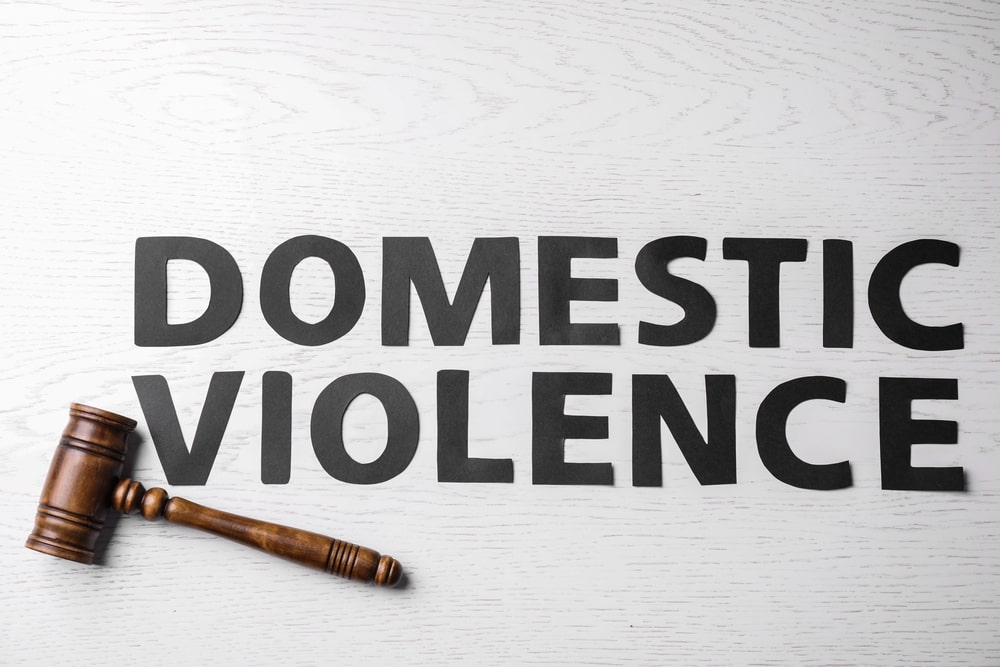
This article was updated March 6, 2025 Oftentimes what I see in these domestic violence situations is that a husband and wife get in a fight. They love each other[...]
